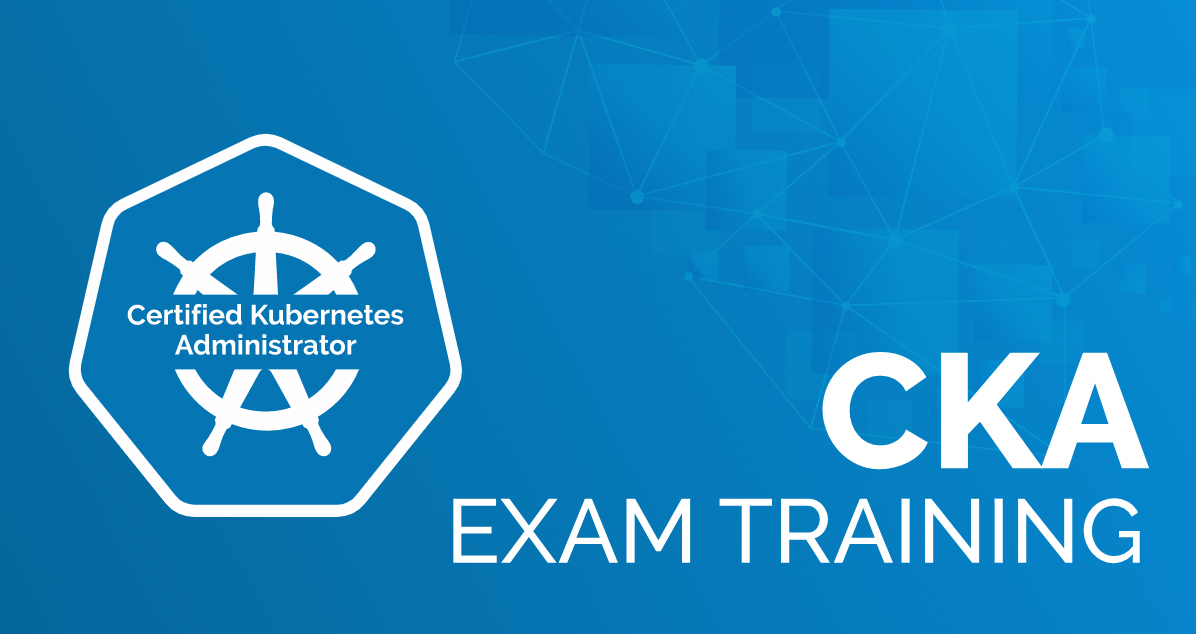Kubernetes Certification Training
Kubernetes training by Wisdom Educations is curated by top industry experts. This Kubernetes certification course helps you in clearing the Certified Kubernetes Administrator (CKA) Exam in the first attempt. This interactive Kubernetes certification training is created to help you learn how to set up your own Kubernetes Cluster, configure networking between pods and secure the cluster against unauthorized access. This Kubernetes training course is live, instructor-led & helps you master key Kubernetes concepts, with hands-on demonstrations. Enroll now in this Kubernetes Certification training & be a certified Kubernetes professional with Wisdom Educations.
7k + Satisfied learners Live Classes

